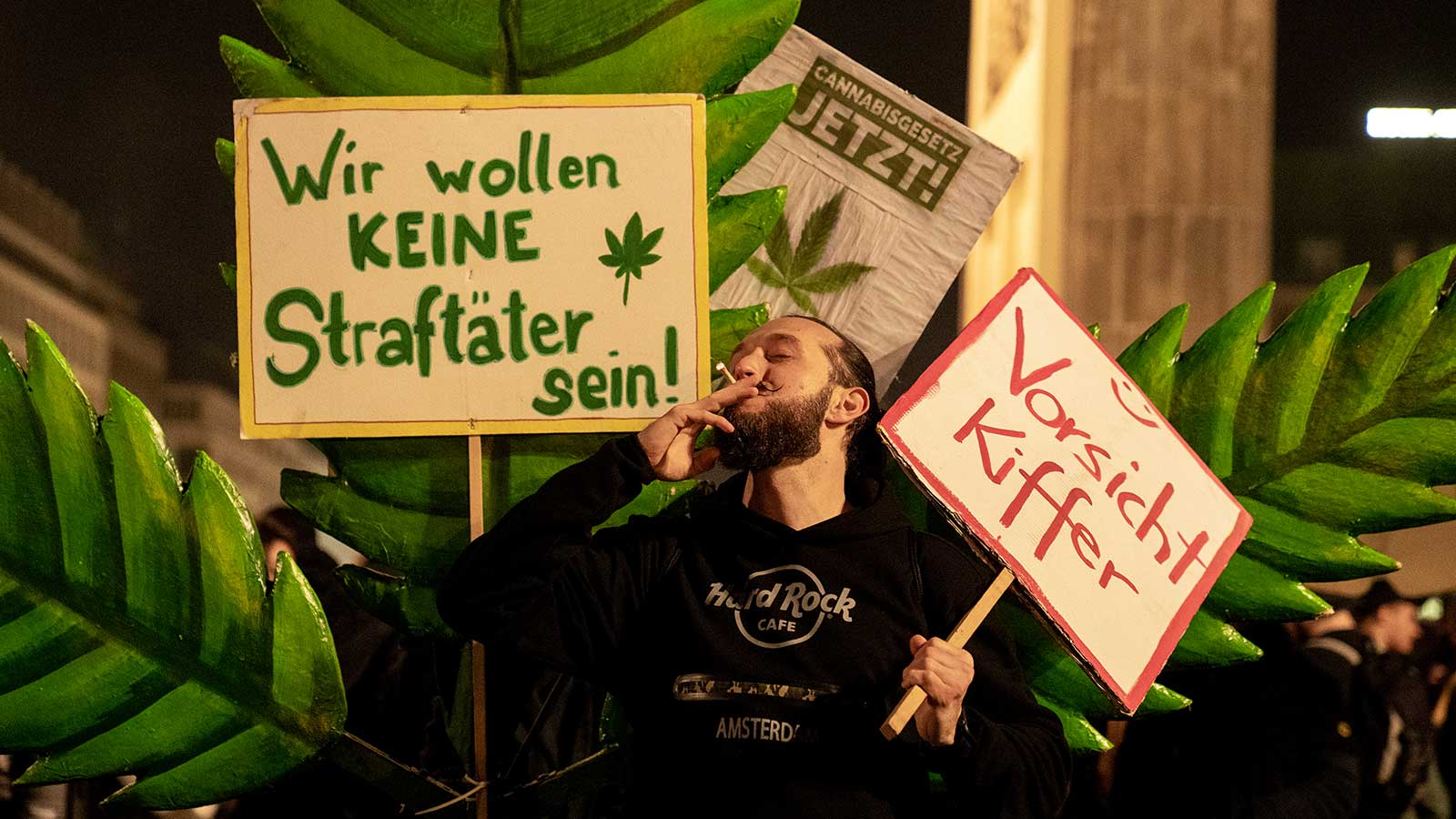The Austrian government has ordered police officers to increase their surveillance and ramp up checks in states bordering Germany to curb an anticipated increase in drug-related crimes after Berlin legalized the use of cannabis this month.
A relaxation of the cannabis laws will enable adults to legally possess up to 25 grams of the drug for personal use and cultivate up to three marijuana plants at home, but authorities in neighboring Austria, where the drug remains illegal for recreational use, have expressed concern the liberalization of Germany’s drug laws will result in cross-border criminality.
An assessment by the Austrian security agencies highlighted the federal states of Upper Austria, Salzburg, Tyrol, and Vorarlberg as areas where drug-related offenses could spike and are implementing preventative measures to combat any rise in crime.
[pp id=89155]
According to the Interior Ministry, the main objective is to target cross-border drug trafficking and prosecute drug drivers crossing the border into Austria.
“The police will conduct intensified checks, particularly in areas near the border, to take addictive substances and drivers under the influence of drugs out of circulation,” Interior Minister Gerhard Karner said in a statement. “This is about the protection of all road users,” he added.
Measures will include the deployment of plainclothes police officers and specialists trained to detect those under the influence of drugs.
Alongside the neighboring Netherlands, Germany now has some of the most liberal drug laws in Europe when it comes to cannabis, and Austria has no plans to follow suit.
The Cannabis Act became a flagship policy of the left-liberal coalition government in Berlin despite being met with strong resistance from conservative parties, including the Alternative for Germany (AfD), which warned during the committee stage that the bill would have “fatal consequences for the health of young people.”
The concerns among the Austrian authorities have also been shared by those in Hungary, with Deputy Interior Minister Bence Rétvári warning last November that the liberalization of cannabis laws in Germany could see more nationals carrying the drug across the EU’s borderless zone and into countries where it is not welcome.





